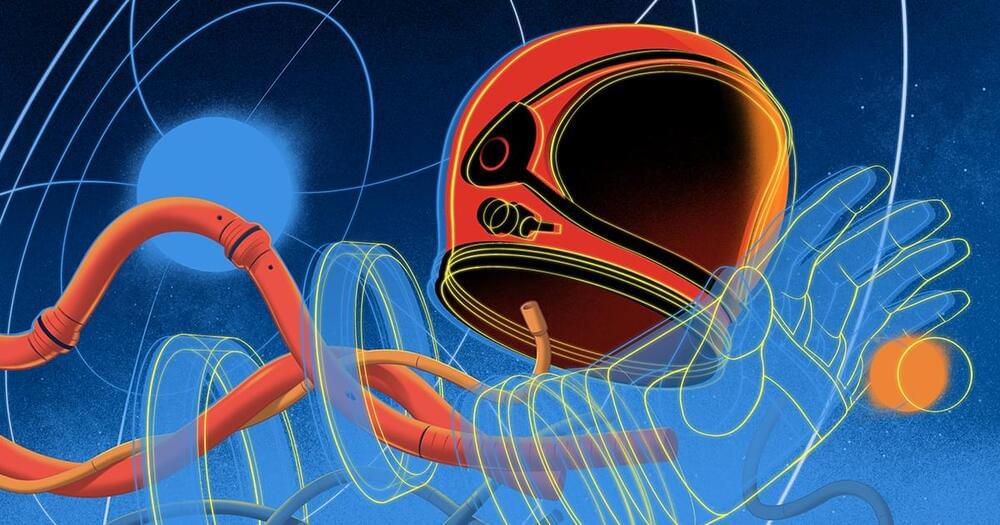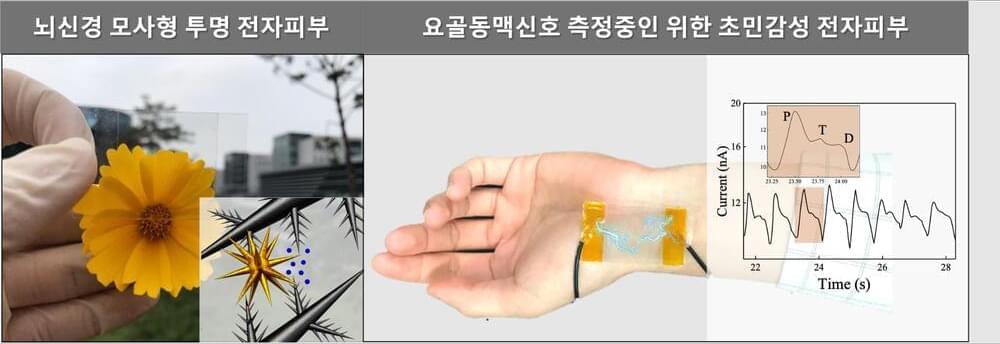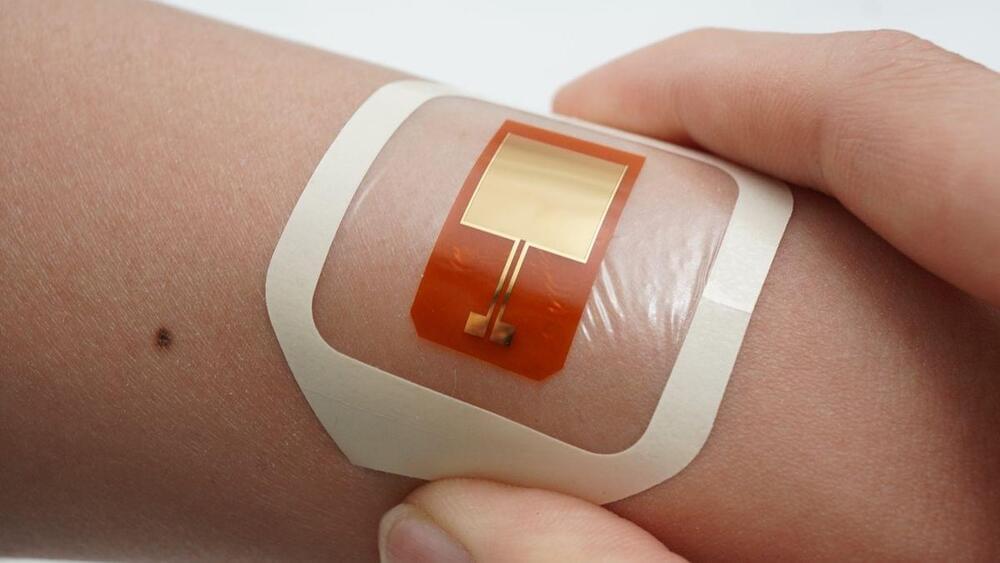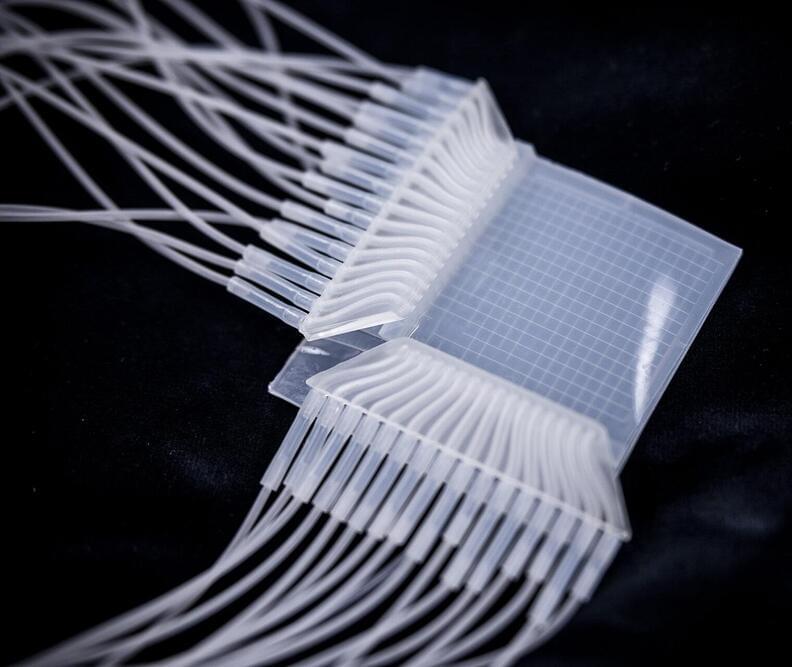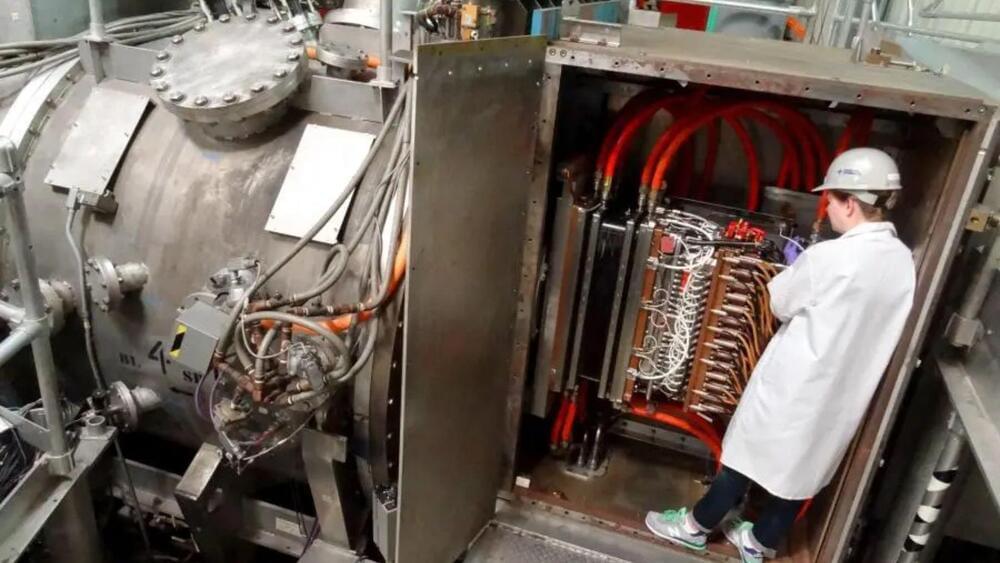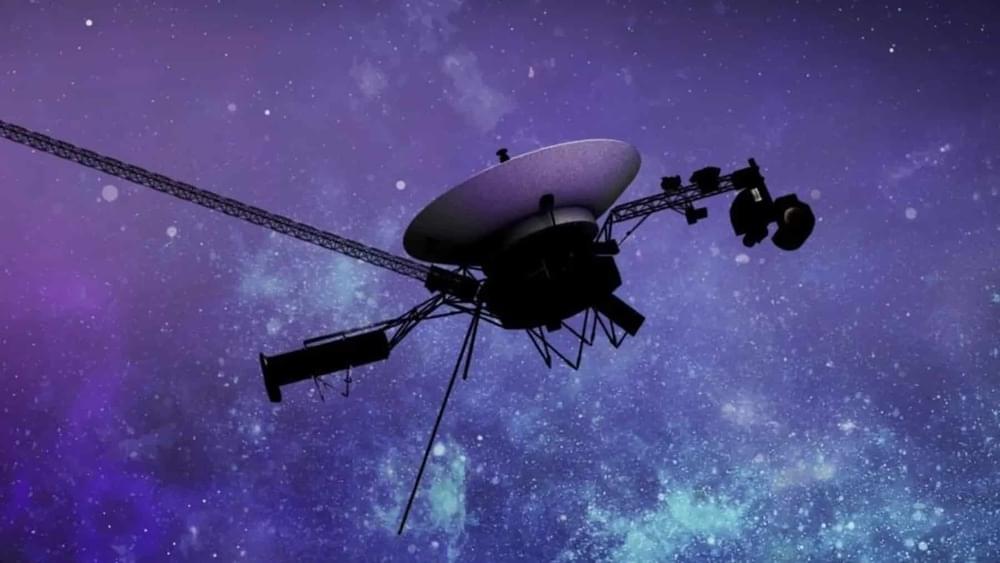Oct 25, 2024
How long you can balance on one leg is an indicator of age, fall risk, Mayo Clinic research finds
Posted by Rx Sobolewski in category: life extension
ROCHESTER — How long can you stand on one leg?
The answer to that question is linked with aging and one’s risk of falling, new research out of Mayo Clinic finds. The paper “Age-related changes in gait, balance, and strength parameters: A cross-sectional study” appears in the journal PLOS ONE today, Oct. 23.

